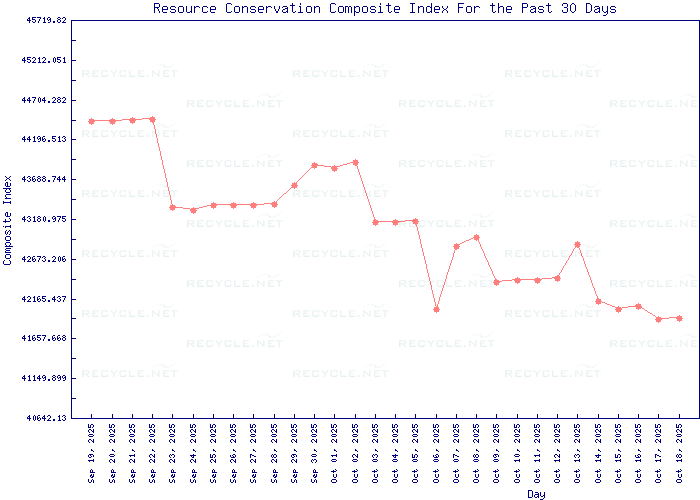
In an effort to measure and reduce greenhouse gas (GHG) emissions various methods of
carbon capture or carbon sequestration have been initiated.
The result of these efforts will effect our accumulated climate change impact by reducing
carbon dioxide CO2, methane, and other gases related to global warming.
The measurement and certification of these carbon reduction efforts may qualify for
carbon emission credits
or carbon offset credits. The trading of carbon offset credits provides a method for broad participation in the
carbon markets. The acquisition of carbon offset credits may assist anyone in becoming carbon neutral
Energy conservation in the home, transportation related fuel consumption and fuel emissions are
common first steps in addressing our environmental impact.
Solar power and
wind power ventures have accelerated but we may be overlooking the enormous benefits of recycling.
RecycleNet
has taken a pioneering step by introducing the
Recycling Offset Credits (ROCs)
program. By measuring and certifying
recycling efforts we may be able to demonstrate the huge impact recycling
can have on our environment and climate change efforts.
Collecting
Used Vegetable Oil (UVO) and recycling it into
BioFuel or BioDiesel is one example of the benifits of recycling.
The 12 month moving average for the market price trend of
Recovered Bio Gas
is up 4.47%.
(market trend info as at TIME: 6:01 GMT - Thursday, Nov 21, 2024)


